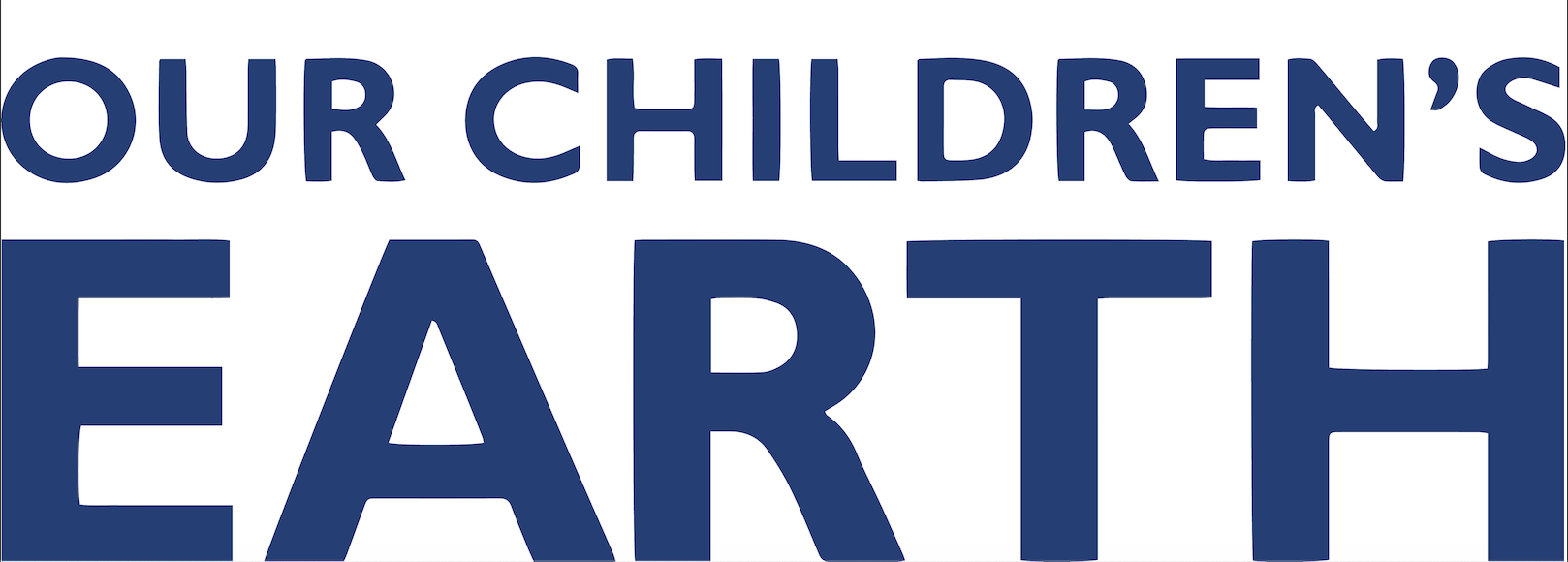Our Children’s Earth v. Cargill
Cargill is the largest privately held corporation in the United States. Salt mines are one of Cargill’s many operations.
Cargill Deicing Technology has three locations for mining road salt, including a 13,000 acre mine at Cayuga Lake, the longest of central New York's glacial Finger Lakes and the second largest by volume. The Cayuga Salt Mine has been in operation for more than a century, and was acquired by Cargill in 1970.
Freshwater lakes are critically important for drinking water, wildlife habitat, aquatic species, recreation, spiritual contemplation, and a host of other ecosystem services. Cayuga Lake provides all of these services, including drinking water for several nearby communities. Long-term salinization threatens the “freshness” of Cayuga Lake, which is particularly vulnerable to chloride pollution due to the salt storage on its eastern shore.
In May 2019, Our Children’s Earth sent a notice of intent to sue Cargill for unlawful stormwater pollution (chloride, sodium, free cyanide, salt dust, brine, chlorine, and other troubling compounds) that harms the biological integrity of waterways and drinking water sources including Minnegar Brook, Gulf Creek, and Cayuga Lake.
In March 2020, Our Children’s Earth reached a settlement agreement with Cargill to address the pollution sources through a suite of compliance measures including improved site management practices, facility projects and upgrades to prevent salt from entering waterways, ongoing investigations of pollution sources, and a $150,000 payment to be used for conservation activities in the Finger Lakes Watershed.
Throughout this effort, we worked closely with individuals who care about these pollution sources, as well as local groups leading ongoing efforts to protect Cayuga Lake including Cayuga Lake Environmental Action Now / “CLEAN” [website|facebook].
Read more:
OCE v. Cargill consent decree, filed May 2020
Appendices (google drive links due to file size):
Appendix 1 Part 1: Best Management Practices Plan, Cargill, Inc. Cayuga Mine, Lansing
Appendix 1 Part 2: Best Management Practices Plan, Cargill, Inc. Cayuga Mine, Lansing



